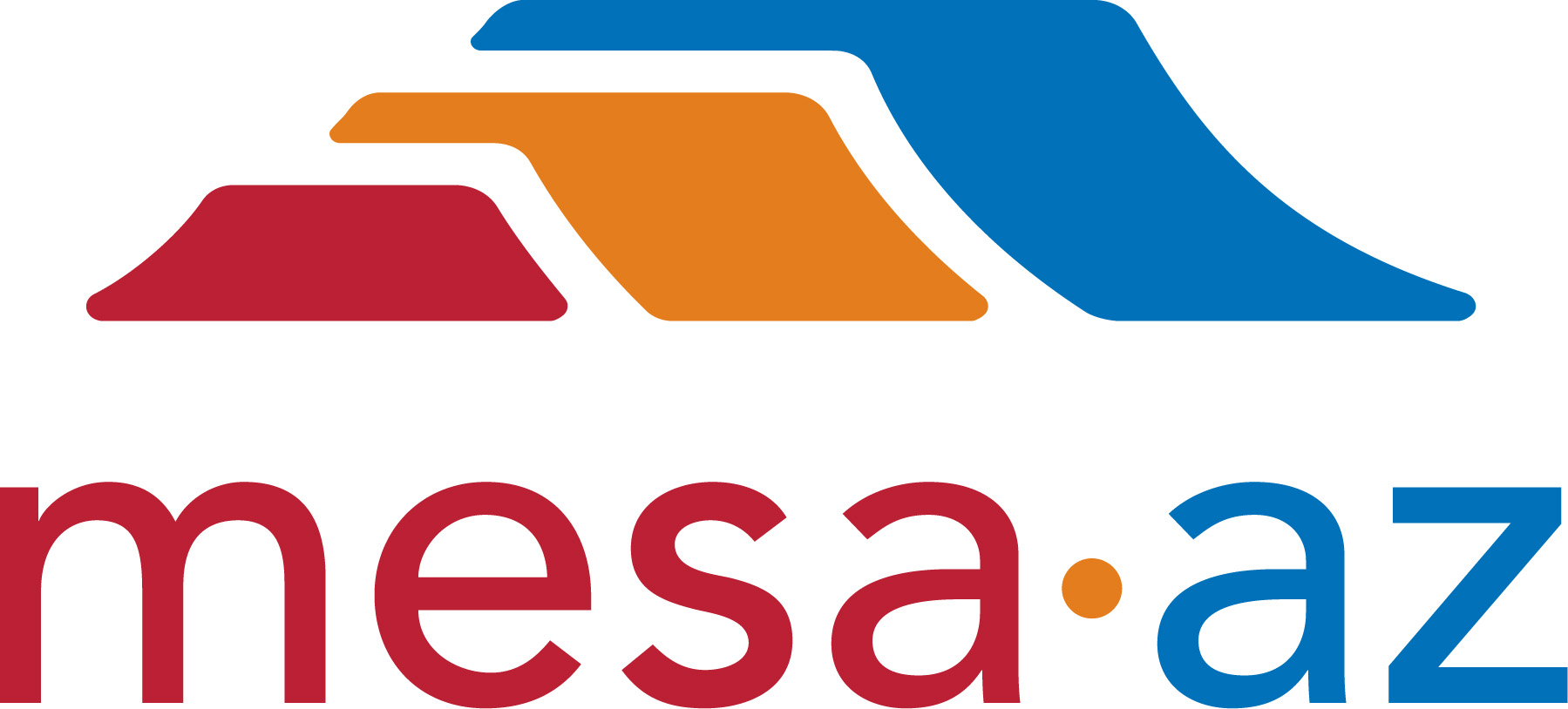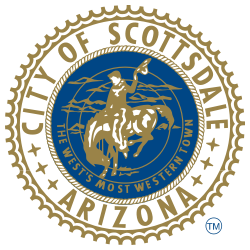In This Issue
PROPANE AUTOGAS
FORD AND GM PARTNER WITH TESLA
BATTERY RECYCLING FUNDING OPPORTUNITIES
Propane Autogas
Propane is an important alternative fuel available for a variety of uses including transportation fuel. Propane as a transportation fuel has many benefits. It is clean burning, nontoxic to the environment, domestically available, and relatively low in price. This fuel is usually produced as a byproduct of natural gas processing but it is also possible to produce Renewable Propane from plant and vegetable oils, animal fats or used cooking oil.
Argonne National Laboratory’s GREET life cycle emissions model found that the use of propane in vehicles can reduce GHG emissions by nearly 13%. Propane’s environmental benefits, as well as it’s lower infrastructure and maintenance costs, make it a smart choice for many transportation needs.
Propane is currently used in over 60,000 vehicles in the United States. According to ADOT’s Motor Vehicle Division, Arizona had 2,073 propane vehicles registered in the state in 2022. Many of these are medium duty vehicles such as school buses and shuttles. Schools have found propane buses to be a cost-effective alternative to high emission diesel vehicles. Here in Arizona, 686 propane school buses were registered in 2022. This number continues to grow as more fleets follow the example of districts such as Mesa and Kyrene Unified School districts. Both of these Arizona school districts use propane in the majority of their school buses and have benefited from clean fuel incentives such as the EPA’s Clean School Bus Program and AZ’s Clean Diesel Program. These programs provide funds to replace diesel vehicles with new low or zero emission ones. More information on funding and incentives for propane buses can be found here.
Not only is propane a viable vehicle fuel on its own but it’s portability and easy storage make it a useful source of power for other transportation applications. For example, propane can be used as a power source for EV charging stations. These EV charging stations can either be run entirely on propane or in conjunction with other sources such as solar energy. By powering EV stations with propane, they can be installed in remote or off grid locations and bring EV charging solutions to underserved areas. Check out an interesting article on propane fueled charging stations here.
All in all, propane is a versatile alternative fuel and its use in transportation can make a real difference in improving the environment and the air we breathe. Learn even more about propane at the Alternative Fuel Data Center and the Propane and Education Research Council (PERC).
Ford and GM To Use Tesla Charging Network
Ford Motor Company and General Motors have both entered into agreements with Tesla to allow their customers access to Tesla’s Supercharger network. Tesla currently has one of the largest charging networks, operating over 45,000 Superchargers globally. In 2024, Ford and GM EV drivers will be able to take advantage of this extensive charging network by gaining access to more than 12,000 Tesla Superchargers located across the U.S. and Canada. Tesla uses its own charging plug, the North American Charging Standard (NACS), while other EV’s use the Combined Charging System (CCS) port. Since current Ford and GM EV’s don’t use the NACS plug they will need to use an adaptor to charge at Tesla’s stations. However, by 2025 this adaptor will no longer be necessary as both Ford and GM will be building new EV’s with the NACS connector built in. This new partnership between Tesla and two of the USA’s largest motor vehicle companies helps more than just their immediate EV customers.
Here in Arizona, the opening of the Tesla charging network will allow ADOT to include these stations in future Alternative Fuel (AFV) Corridor selections for the state. These AFV Corridors are approved by the Federal Highway Administration and will have alternative fuel stations, including EV chargers, at set intervals along the length of their routes. The locations of existing charging stations are an important consideration when nominating new AFV Corridors. According to the Alternative Fuel Data Center Station Locator, Tesla currently operates 37 Supercharger stations in Arizona. These stations can now play a role in AZ’s Alternative Fuel Corridors and help pave the way for greater EV adoption through the State.
SOURCES:
https://www.nytimes.com/2023/06/08/business/general-motors-tesla-electric-vehicles-charging.html
Battery Recycling Funding Opportunities
The ability to recycle and reclaim important materials from batteries is becoming ever more important as demand for EV’s continue to grow. To address this, the DOE has announced several battery recycling funding opportunities.
One of these opportunities is the Consumer Electronics Battery Recycling, Reprocessing, and Battery Collection funding project. This project is setting aside $125 million to advance the recycling of consumer electronics batteries in several topic areas. These include, developing battery recycling campaigns to encourage more participation by consumers, improving the economics of consumer battery recycling, as well as assisting states, communities and retailers in implementing battery collection and recycling programs.
The DOE has also announced another $7.4 million to further fund the “Lithium-Ion Battery Recycling Prize.” This prize focuses on finding innovative solutions to collecting, sorting, storing, and transporting spent and discarded lithium-ion batteries. The Battery Recycling Prize was first introduced in 2019 and has since awarded $5.5 million in funding for battery recycling projects over the last several years. The end goal of the prize is to develop and demonstrate processes that have the potential to capture 90% of all discarded or spent lithium-based batteries in the United States. These recovered materials will then be re-introduced into the U.S. supply chain.
Member Spotlight
Salt River Project (SRP)
Salt River Project (SRP), is a not-for-profit organization that provides water and power services to more than 2 million people in central Arizona. SRP strives to provide affordable and reliable utility services to its customers. The organization is also committed to sustainability and is working to reduce carbon emissions and improve water and grid resiliency. In addition to this, SRP is also providing customers with resources to help them take advantage of new energy technologies such as EV’s. Customers with EV’s can qualify for a home EV charger rebate and take advantage of their Electric Vehicle Time of Use Price Plan.
VSCCC strives to provide alternative fuel information to all people within our region. In order to increase our outreach abilities we are working with local agencies to share our newsletter and clean fuel resources with an even greater audience. We are proud to partner with the Inter-Tribal Council of Arizona's Air Quality Department, ASU's Sustainable Cities Network and Maricopa County Air Quality Department.
OUR NEWSLETTER IS ALSO AVAILABLE IN SPANISH!
Translations done by Diego Montemayor- diego@cleanairaz.org














